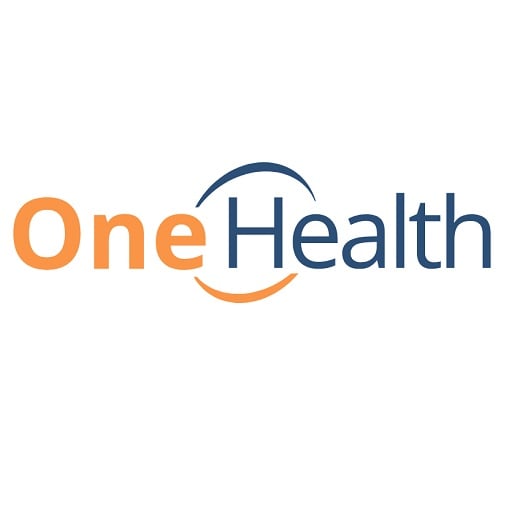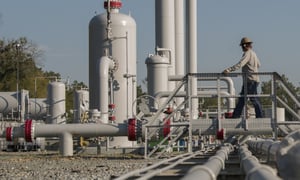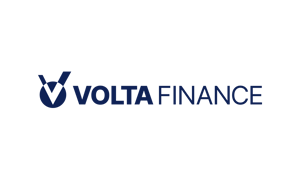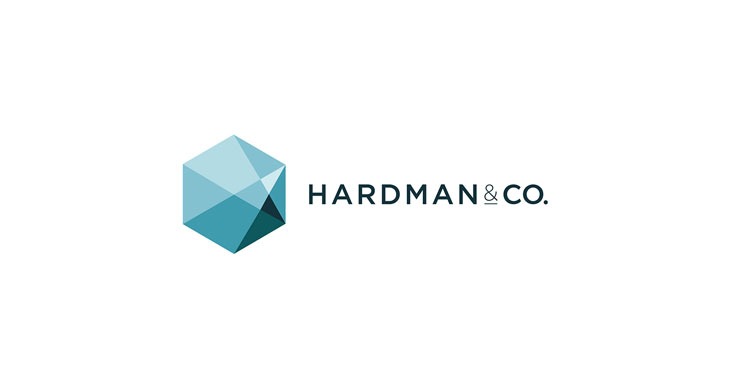A recent story emerging from Greater Manchester carries an unexpected gravity, drawing attention to a silent tension simmering through its streets. It hints at deeper fissures of concern that many invest in our city’s vibrancy may have preferred to overlook, this isn’t noise from headline crime but a subtle and unsettling pattern that strikes at the heart of everyday life.
Over recent months, more than a few women in the city have shared accounts of late‑night walks ending abruptly in anxiety, calls for help met with delayed responses, and public spaces that feel unnervingly insecure. It’s not so much about spikes in violent crime, but a mounting unease, a shared experience among residents who now double-check routes home, vet every unobserved corner, and hesitate before stepping out at dusk.
Those stories speak to a shift that investors and city planners cannot ignore. The sense of public safety is no longer a given; it’s now a fragile asset whose value is eroding. As families weigh where to live, and as businesses consider expanding in Manchester, perceptions of risk, even psychological, begin to weigh on decisions. Public transport, nightlife, and the pedestrian economy rely on confidence: if that cracks, footfall drops and so does consumer willingness to engage after 6pm.
What’s worrying is how this concern is also reshaping civic responses. Local authorities are partnering with community groups to roll out “Safe Space” initiatives, shorthand dial-ins, improved street lighting, and training for pubs and clubs around safer pausing points. These measures don’t just reassure—they signal responsiveness. Yet their effectiveness hinges on not treating women as the problem but as an indicator: the true metric lies in whether the city supports those whose everyday mobility has become conditional.
From an investment lens, these efforts matter. A brilliant new development in the Northern Quarter or a flagship restaurant on Deansgate thrives not simply thanks to location, but because patrons feel confident to arrive and depart at all hours. The gap between home and the workplace, the public real, is shrinking under the weight of these safety doubts. If the city region addresses them clumsily, the consequences extend far beyond statistics: diminished consumer activity, a slower hospitality revival, even a slowdown in talent retention.
Yet there’s cause for optimism. Greater Manchester is mobilising institutions, from transport operators to safety alliances, to rethink systems. Advocates are pushing for an improved emergency contact infrastructure on public transport to allow discreet alerts; there’s investment in training bar staff and door teams in bystander intervention; and fresh community outreach is seeking to normalise reporting even ‘low‑level’ intimidation. This is about embedding safety into the operational design of urban life.
Critically, the narrative is shifting away from seeing safety as a burden for women alone. Instead, we’re seeing it emerge as a citywide indicator of vibrancy: a liveable urban centre where all feel welcome. For investors, it’s a reframing worth tracking. We’re witnessing the maturation of civic infrastructur, not just built form, but public trust, responsiveness and design woven into everyday operations. This is an under‑the-radar transformation, yet one that carries long‑term value.
Of course, lasting impact will depend on follow‑through. Street lighting, safe transit, trusted hotlines and public‑private partnerships all must move from pilot to scale. Monitoring metrics on incident reporting, night‑time foot traffic, and community sentiment will be essential to understand progress. Teams evaluating potential sites need to include these variables; ignoring them risks overlooking pivotal factors shaping lifecycle returns.
Manchester’s global appeal rests in part on its dynamic public life, an around‑the‑clock ecosystem that ranges from independent shops to vibrant social scenes. If women feel compromised, that ecosystem is vulnerable. But we should not mistake the alarm as defeat. Instead, it signals a civic pivot, an opportunity to shore up both safety and confidence. Integrated well, that pivot offers not just reassurance but resilience, reinforcing Manchester’s case as an intelligent long‑term location for capital and creativity alike.
At stake is more than safety; it’s the assurance that Greater Manchester remains a city where all can move, live and thrive without constraint. Addressing women’s concerns about feeling unsafe isn’t merely a social obligation, it’s foundational to sustaining growth, attractiveness and the economic dynamism of the city itself.
One Health Group PLC (LON:OHGR) are a team of Consultant Surgeons and Healthcare managers working with the NHS to provide faster, local and expert care in Orthopaedics, Spinal, General Surgery and Gynaecology.











































